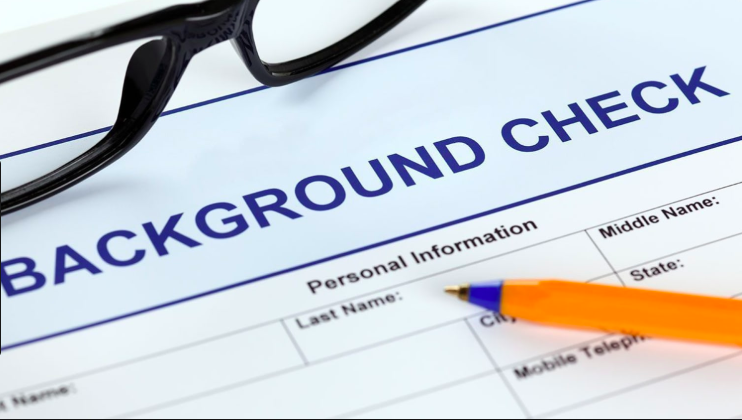We often see ads for personal injury lawyers that say injured people can be compensated. It might make you ask: when should you actually turn to a personal injury lawyer? After all, it’s not like every single injured person in the world has been awarded a bunch of money. So, what makes a good personal injury case? When should an injured person turn to an attorney?
The law can sometimes seem complicated, but the principles behind it are broad and pretty easy to understand. Below, we’ll lay out some of the things you can consider to take an educated guess about the merits of a given personal injury case.
Get an attorney
First, here’s an important disclaimer: You should only take legal advice from an attorney. Don’t take it from us or anyone else. It’s fun to learn about the law, but our answer here is not legal advice. If you ever find yourself in a situation where you’re unsure about whether you need a personal injury attorney, go consult with one! The best answer to the question of “when to get a personal injury lawyer,” according to Jeff Preszler of Preszler Law, is “as soon as possible.”
That’s because you only have a limited time after an incident to file suit, and because vital evidence could be slipping away by the moment.
Evaluating a case
With that out of the way, let’s talk a bit about what lawyers like those at Preszler Law will look at when they evaluate a case. To have a case in the United States, as well as in some other countries with shared legal heritage,you generally need to be able to show that another party was negligent and that this negligence caused you to suffer damages
So if someone causes a car accident that leaves you with a ton of medical bills, you likely have a case. However, if you caused the accident, you won’t have much of a case. And, if you were in an accident but didn’t actually get hurt, you’ll be similarly out of luck.
Pursuing a case
Of course, things can get more complicated than this. A defense attorney might argue comparative negligence, saying that the plaintiff shares a portion of the blame for the accident, and that the legal award should drop in proportion.
The legal merits of a personal injury case may not be argued in court. The overwhelming majority of personal injury lawsuits are settled, and less than 5 percent see the inside of a courtroom.
This is not to say that the merits of the case don’t matter in this situation. Of course they do. It is each side’s view of the merits that informs the amount of the settlement.
Our crash course has given you all the basics you’ll need to do a cursory analysis of a potential personal injury lawsuit.
Just remember: If you encounter a potential case in your own life, the smart thing to do is to consult with an attorney who specializes in such cases.













